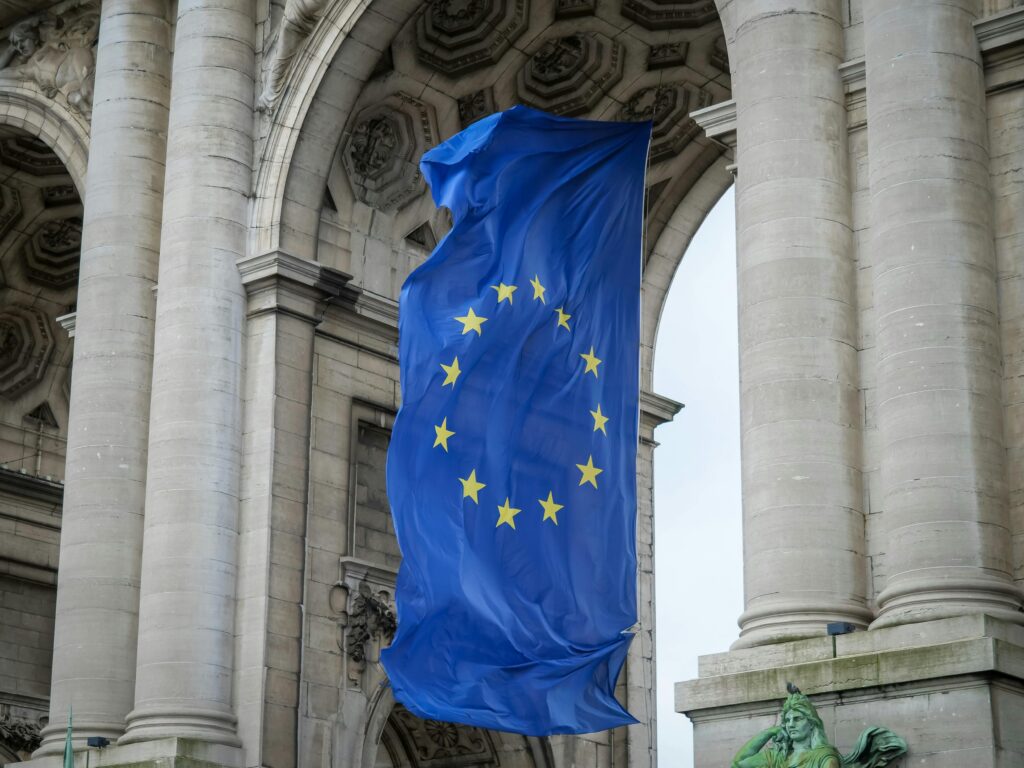Data Privacy vs. Database Rights: Balancing The Scales

Global economic trends and harsher business environments have pointed companies to the vast potential that lay in data, datasets, and databases. As businesses merge and exit, these form a strategic part of their asset base from where they can create more value. With this comes the need to protect the underlying IP in these databases, […]
“It’s Just a Replica—Or Is It?”: Unpacking Trademark Infringement & Unfair Competition in Fragrance Dupes

Photo by Castorly Stock from Pexels We all love a bargain. You walk into your local supermarket to see a perfume priced at $30. You notice the label says it is ‘inspired by’ a luxury perfume — a fragrance that typically retails for $830. You’re likely to pick the former. The ‘deal-maker’ in this transaction, […]
Up In The Air: Navigating Perfume Copyrights in a Sea of ‘Smell Alikes’

To say perfumes are a chemical blend of airborne molecules that form a scent and nothing more would be simplistic. Perfumes are an accessory we daily “wear”; and are every inch a part of how others identify, associate, and perceive us. Indeed, they are a mix of existing molecular blends engineered to produce a particular […]
Sharing Is Caring, but Who’s Keeping? Marking IP Territory in Open Source

The essence of open source is well captured in the sayings: “A joy shared is a joy made double” and “A problem shared is half solved”. Open-source development is a ‘double joy’, as developers leverage shared collaboration to contribute to exciting products, improving and amplifying product value. Similarly, issues such as bugs, vulnerabilities, or inefficiencies […]
Brace for Impact: Here’s The EU AI Act’s Stance on IP

From time immemorial to date, there’ve been legitimate concerns about the unethical use of AI and its risks, prompting the EU Council to approve the EU AI Act on May 21, 2024. Following constructive talks, the Act was published in the official EU Journal on July 12, 2024, and will enter into force on August 1, 2024. The EU’s 27 member states unanimously endorsed the AI Act, affirming the political agreement reached in December.
The act is designed to spur the growth and deployment of safe and trustworthy AI systems throughout the EU’s single market. Other objectives are to safeguard the fundamental rights of EU citizens, enhance public confidence in AI, and stimulate innovation and investment across Europe. The Act is also notably broad in scope, impacting all the market actors in the AI value chain within the EU. Naturally, efforts to comply with its provisions will introduce numerous intellectual property (IP) considerations.
